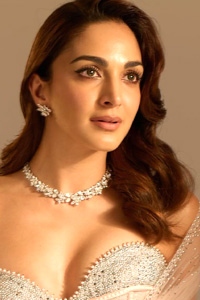Critics view - Rang De Basanti - Part II


Send us your feedback to audioarticles@vaarta.com


Mehra's master plan worked. Audience realized that RDB is much than a plain patriotic film or a 'Dil Chahta Hai' take on a generation of cool dudes. It was something else, something 'different' - let go of the cliche here! And soon one realizes that these are pages from the diary of a British officer who was posted in India during pre-independence days. And now his grand daughter wants to make a film on these freedom fighters. Oh, so that's the deal. Cool, so it was all about a movie being made. Now let's have some 'naach-gaana' in Delhi University campus with all dudes in their modern day avtaar. So what if Aamir Khan is 40+. It's still justified to see him playing a 25 year old character who doesn't think twice before singing "'Sue' Kar Mere Mann Ko, Kiya Tune Kya Ishaara" while openly flirting with Alice (named Sue in the movie) who needs help from these yuppies to help her complete her docudrama.
The narrative shifted to being light hearted here. And no, this is not the life of rich and the famous a la 'Dil Chahta Hai'. The protagonists here mostly belong to middle class family who are happy sitting on a canteen bench while nourishing their daily dose of omelets while completely at home with a 14" TV hanging on a wall that needs nothing less than a slap on its back to change channels. The fun continues. The characters continue to get introduced one after another. And the most interesting and complex of them all is National Award winner Atul Kulkarni, a strong Hindu fundamentalist who later realizes that the world is being run by more of politics than fundamentals. And while the scene fluctuates between past and present with Sue's film, the narrative continues to hold its stranglehold. As the saying goes, 'issme action hai, drama hai, emotion hai, tragedy hai'! But what else is in it? Is this mainly why Mehra wanted millions of cinegoers to spend their rupees (or dollars), or did he have something more to say?
Oh absolutely yes!
Because now rather than just showing the interesting phases of past and present, he wants to merge the two. Steven Spielberg listening?
In a highly interesting, novel and one of the most interesting pieces of screenplay ever. Mehra succeeds in drawing parallels between past and present. Get on the crashing MIG stories that have been making headlines in the newspapers for last so many years and combine it with the death of Madhavan, who does a great cameo as a 'deshbhakt' pilot. He keeps his patriotism subtle without going 'bharat maata ki jai' at every second instance and believes in deeds rather than words.
Politicians start seeming reminiscent of the autocratic British from the past. 'Azaadi' doesn't seem to be 'azaadi' anymore. System blame game begins once again. And disappointment along with disillusionment sinks in. There seems to be no way out. All the doors are closed. The corrupt are safe and sound while ordinary citizens are beaten up on streets. And a generation awakens. An important question is asked. Why should one take everything lying down? The angst is clearly demonstrated in the brilliant dining table scene where Aamir Khan breaks down completely. A man who has always played a hero seemed to be completely overawed by the situation. And this is where the performance factor came into picture. No heroism, no melodrama, no unwanted emotion.
With a script and performances like this, how could one keep the music and action behind? To say that both met international standards would be only to honor Mehra and his crew. Background music was highly experimental. Otherwise how else could one imagine heavy metal and rock being played during the pre-independence times in the action sequences while the trumpets and the works (the kind of music one regularly seen in patriotic movies) being played in the current times. A role reversal of sorts, it worked in a big way. One can't remember when did such a large number of songs play such an important part as a part of a movie's background score. 'Paathshaala', 'Title song', 'Ik Onkaar', 'Khoon Chala', 'Lalkaar', 'Lukka Chuppi', 'Tu Bin Bataye' - none of them seemed to be forced. But the cake was taken by the climax number 'Rubaroo' that comes at the time when all the 5 characters are being hit by bullets all over. One never knew that a fun song could make one smile at such a tragic moment as well. But this is where the vision of Mehra and Rehman came handy. They never wanted the audience to go back heavy hearted. They wanted them to consider each of the movie's characters as heroes with noble thoughts and a desire to convey their point.
This is the reason why I chose to write this piece a full week after I saw the movie. Audience does tend to get overwhelmed on seeing a movie and can't help go gaga over a movie. But rarely does it happen that a thought remains with you after the chores of a normal week take over. I wanted to see if the thought would stay after getting back to a normal life. Would I still be able to appreciate the colors of 'Rang De Basanti'? Would I still have the desire left to appreciate the movie's brilliance?
The answer to all this is, thankfully, yes!!
Follow us on Google News and stay updated with the latest!
Comments
- logoutLogout

-

Contact at support@indiaglitz.com




 Follow
Follow


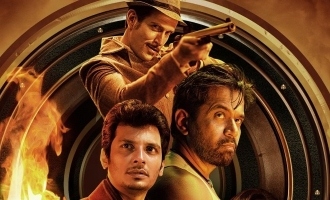
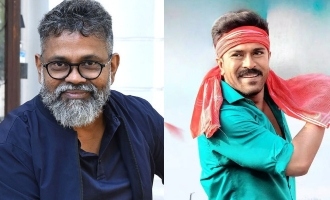
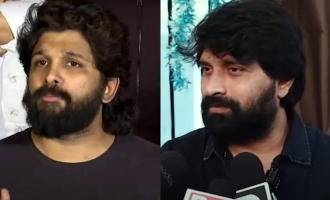
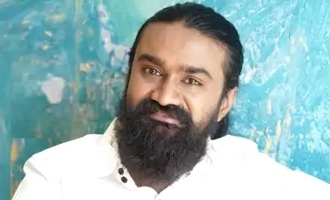
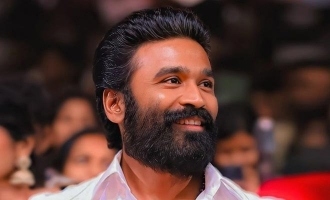
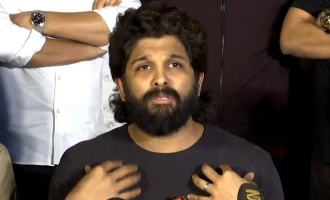
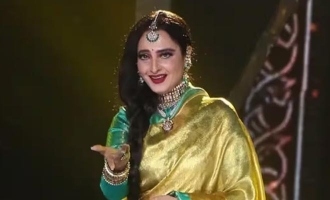

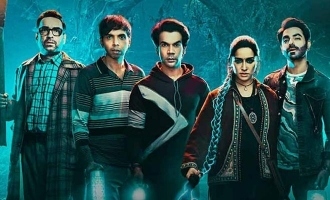
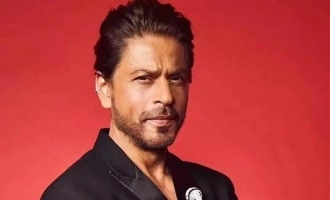
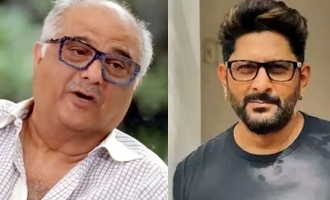
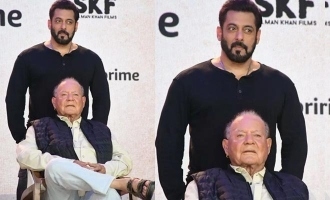
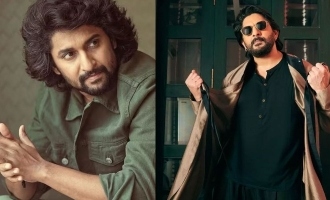
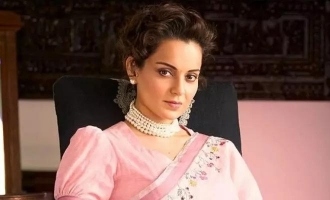
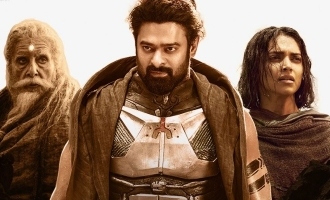
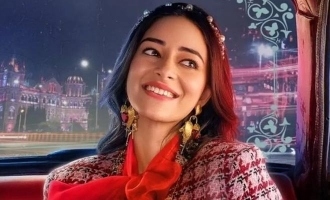
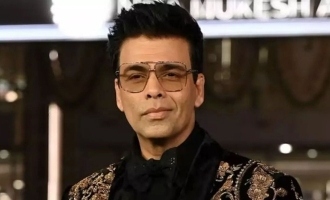
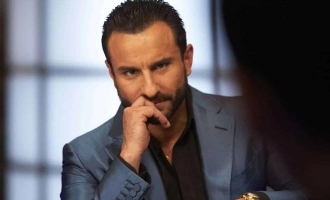
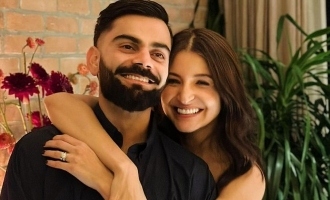
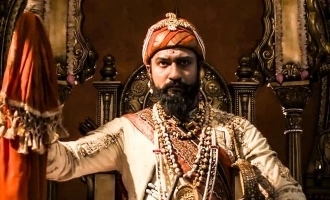
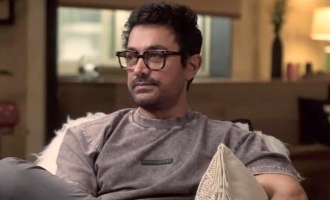
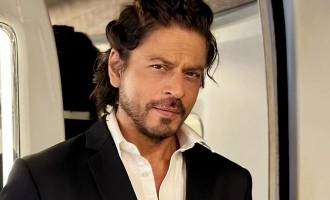
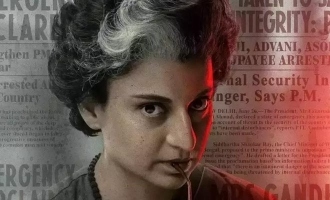
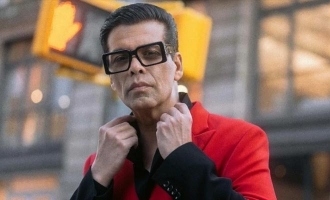
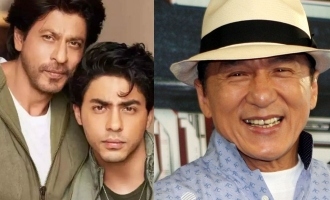
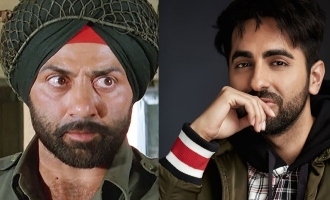
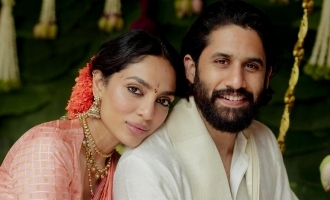
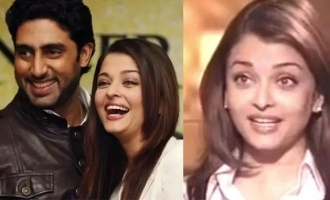
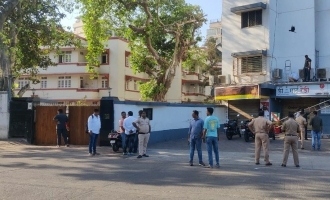
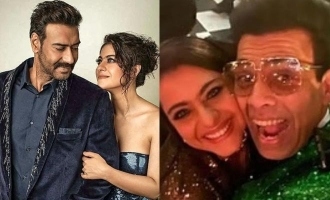
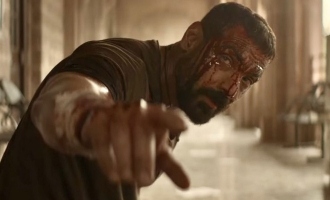
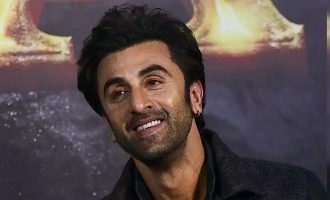
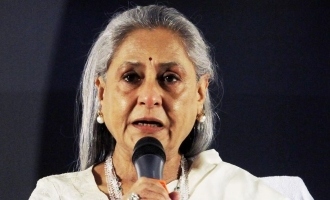
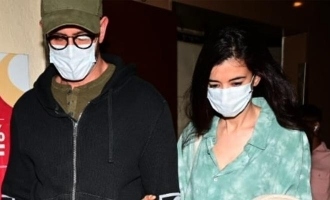
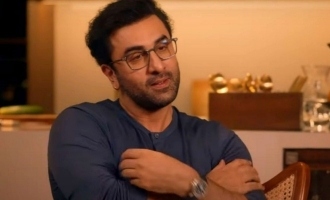

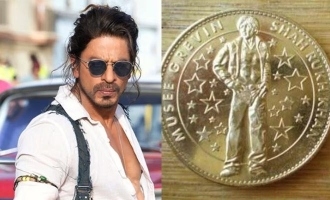
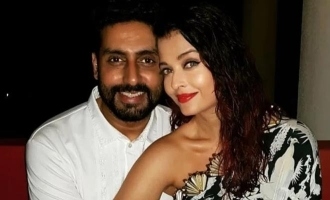

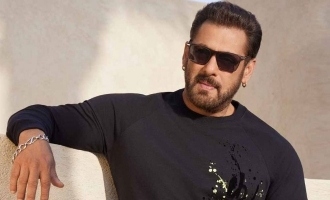

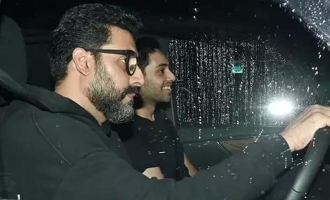
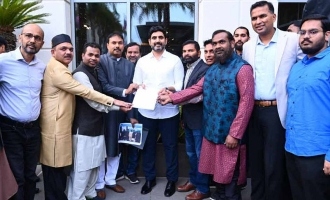
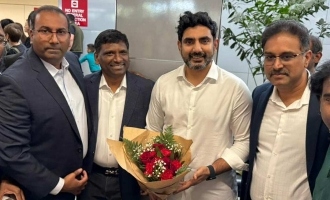
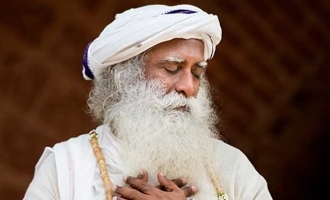
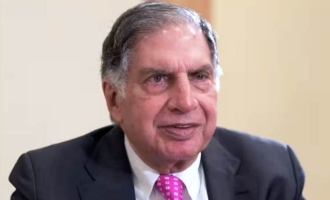
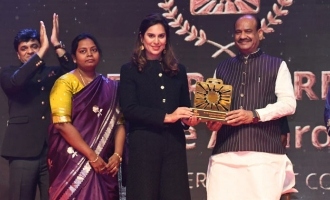
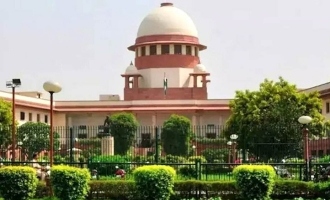
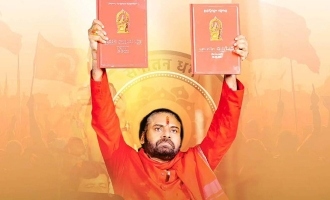
-a3e.jpg)
-3c4.jpg)
-e5c.jpg)
-e66.jpg)









